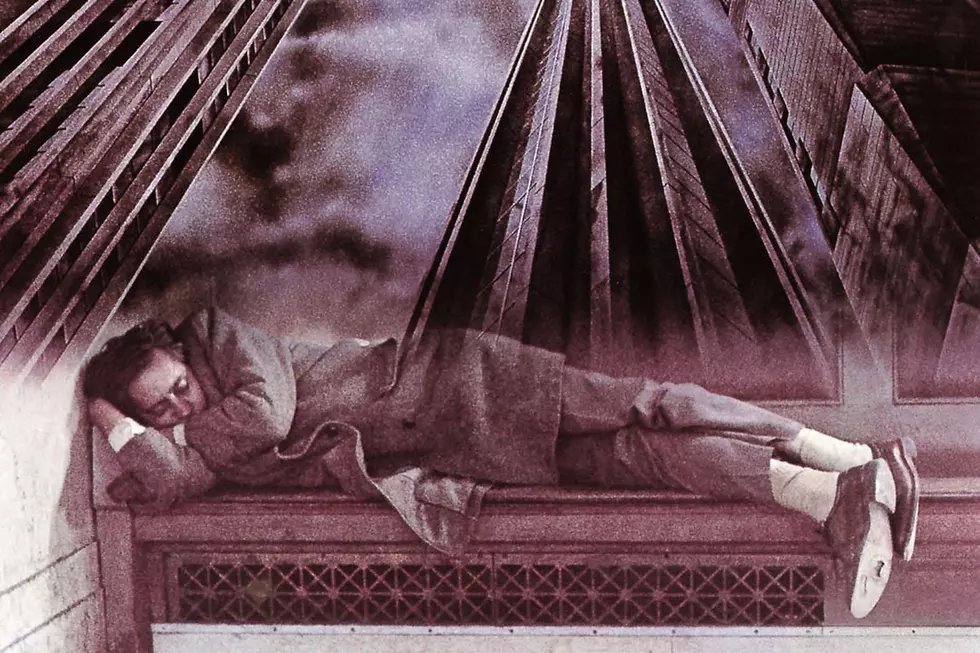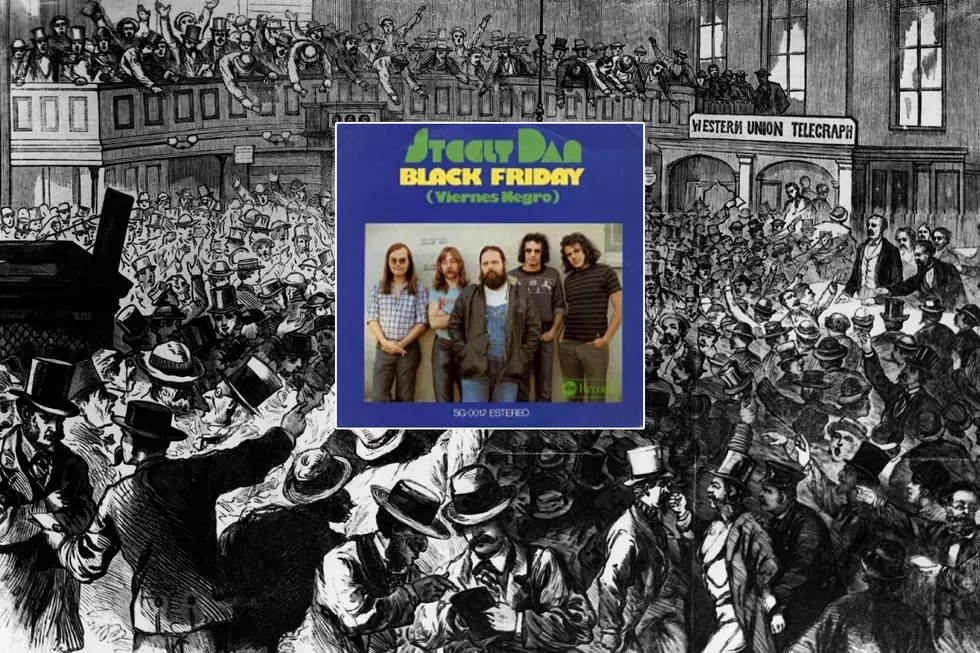
How Steely Dan Pulled Off ‘The Royal Scam’
Expectations were high when Steely Dan's fifth album was released May 31, 1976. The Royal Scam featured the band's most cynical lyrics to date in its tales of outlaws, drug dealers and cheaters. While the LP reached No. 15 on the Billboard albums chart, its two singles, "Kid Charlemagne" and "The Fez," barely made a dent.
Critical response was a mix of raves and disappointment. Rolling Stone called it "some of their most accomplished and enjoyable music" while AllMusic retroactively pouted, "The Royal Scam is the first Steely Dan record that doesn't exhibit significant musical progress from its predecessor."
"The reason critics were disappointed was that they get tired," Fagen told Music Gig. "The first LP is always the easiest to like, the second they still like, the third they think is pretty good. The longer you last as a group the harder the critics are. That accounts for some of the disappointment. Myself, I think it’s one of the best ones we’ve done. I think, in fact, that each record is a little better than the last."
All of the songs were written by Walter Becker and Donald Fagen, who remade Steely Dan as a duo when they dropped the five-piece lineup of previous albums. Acclaimed session players like guitarist Larry Carlton and Chuck Rainey on bass contributed to many of the tracks.
"Kid Charlemagne" opens the album, a tour de force that features Carlton's memorable guitar solo. "It was very loosely inspired by a character named Owsley," the late Becker revealed in a BBC online chat. "He was a well-known psychedelic chef of the day."
Owsley, of course, was Owsley Stanley, the notorious chemist who made hundreds of thousands of tabs of LSD during the psychedelic '60s.
"Don't Take Me Alive" continues the outlaw theme: "Got a case of dynamite / I could hold out here all night." "'Don't Take Me Alive' is very much a song of these troubled times," Fagen told NME in 1976. "In Los Angeles and through the world in general, terrorism is a way of life actually for a lot of people. The song was inspired by a run of news items in Los Angeles where people would barricade themselves inside an apartment house or a saloon with an arsenal of weapons. It's about individual madness rather than political situations."
Listen to Steely Dan Perform 'The Fez'
Fagen speculated that ABC Records released "The Fez," a danceable tune, as the second single from the album to cash in on the disco fever of the times. The song has a rarely credited third writer, organist Paul Griffin. "He wrote the main theme," Fagen said.
"I wouldn't call it the main theme," Becker countered, tongue firmly in cheek. "He wrote a melody that is featured. At least he says he wrote it. […] When we decided to build that melody up to a greater position, since we had some suspicion that perhaps this melody wasn't entirely Paul's invention, we'd decided we'd give him composer credit in case later on some sort of scandal developed, he would take the brunt of the impact."
"Haitian Divorce" was reportedly inspired by a recording engineer who asked for time off to fly to the Caribbean nation and obtain a quickie marriage annulment. Intrigued, Fagen and Becker asked for details on his return and later wrote the song about a woman. Dean Parks played the guitar riff that Becker later altered with a talk box.
"Everything You Did," which calls out a cheating lover, includes the line, "Turn up the Eagles, the neighbors are listening." Eagles' drummer Don Henley told Uncut, "I know them pretty well, and it was like he was sort of saying, 'Everybody's in L.A.'s playing this fuckin' record, and I'm sick of it!' It was a little bit of an acknowledgment and a little bit taking the piss, because we had the same management – still do – but you know, they're very droll, Fagen in particular."
The title track closes the album. "'The Royal Scam' isn't the key song," said Fagen. "It's regrettable that if you do name an album after one of the songs, which is something we don't do all the time, people take it for more than it is. We like each song to be listened to individually without relating to the whole album, although if you record a certain selection of songs the album will have a certain character."
Both were reluctant to reveal what "The Royal Scam" is about. Becker's explanation can be applied to much of the Steely Dan catalog.
"The mystery is what makes it interesting, isn't it?" Becker asked. "If we were to tell you what that song meant we would be doing a disservice to the song and we would always be lending credence to the notion that in order to enjoy the song you have to know exactly what it means, Or that it does mean exactly one thing. And it doesn't really. None of those things are true."
The Best Song From Every Steely Dan Album
More From Ultimate Classic Rock









